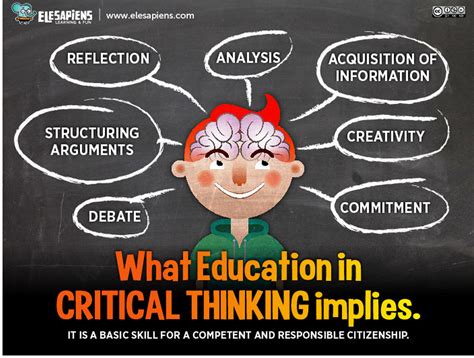Writing opinion articles is a fundamental skill for students in today’s world. In an era marked by information overload and polarized perspectives, it’s imperative for young minds to develop the ability to form and articulate their own opinions, backed by evidence and critical reasoning. Opinion articles provide a platform for students to engage in meaningful discourse on pressing issues, share their perspectives, and foster a culture of informed debate.

Importance of Opinion Writing
- Developing Critical Thinking: Opinion writing encourages students to critically analyze information, identify biases, and evaluate the validity of arguments.
- Promoting Civic Engagement: By presenting their thoughts and engaging with others, students contribute to public dialogue and promote civic engagement.
- Sharpening Communication Skills: Writing opinion articles requires students to articulate their thoughts clearly, concisely, and persuasively.
- Fostering Empathy: Reading and writing opinions of others enables students to understand different viewpoints, cultivate empathy, and appreciate diverse perspectives.
Characteristics of Effective Opinion Articles
- Clear Thesis Statement: The thesis statement should articulate the main argument succinctly and inform the reader of the perspective being presented.
- Evidence-Based Arguments: Opinion articles should be supported by credible facts, statistics, and research findings.
- Logical Structure: The article should follow a logical flow, presenting arguments and evidence in a cohesive and comprehensible manner.
- Consideration of Counterarguments: Addressing and responding to potential counterarguments demonstrates critical thinking and a balanced perspective.
- Persuasive Language: Effective opinion writing utilizes persuasive techniques such as rhetorical questions, anecdotes, and vivid descriptions.
Strategies for Writing Opinion Articles
- Ask Questions: Validate customers’ point of view by asking questions keeping them engaged.
- Research and Gather Evidence: Seek information from reliable sources, including academic journals, news articles, and statistics.
- Craft a Thesis Statement: Formulate a clear and concise thesis statement that summarizes your main argument.
- Develop Supporting Paragraphs: Organize supporting paragraphs around specific points, providing evidence and addressing counterarguments.
- Write a Strong Conclusion: Restate the thesis, summarize the main points, and offer a final thought or call to action.
Tips for Success
- Read Widely: Expose yourself to diverse perspectives by reading newspapers, magazines, and other forms of media.
- Attend Debates: Engage in discussions and debates to refine your critical thinking skills and learn to articulate your arguments effectively.
- Seek Feedback: Share your drafts with peers or teachers to get constructive criticism and improve your writing.
- Practice Regularly: Writing opinion articles is a skill that requires practice. Write often to hone your abilities.
Effective Strategies
| Strategy | Description |
|---|---|
| Topic Selection: Choose topics that you are passionate about or have a strong opinion on. | |
| Research and Evidence: Gather credible information from various sources to support your arguments. | |
| Logical Structure: Organize your article with a clear introduction, supporting paragraphs, and a strong conclusion. | |
| Persuasive Techniques: Use rhetorical questions, anecdotes, and vivid language to engage readers and persuade them. |
Common FAQs
1. What is the difference between an opinion and a fact?
An opinion is a personal belief or judgment, while a fact is a verifiable statement that can be proven true or false.
2. How do I avoid sounding biased in my opinion articles?
Acknowledge and address opposing viewpoints, present evidence that supports both sides of the argument, and use neutral and objective language.
3. How can I improve my writing style for opinion articles?
Read widely, use active voice, avoid jargon, and proofread your work carefully before submitting it.
4. What are some common mistakes to avoid in opinion articles?
- Making unsubstantiated claims
- Relying on emotion rather than evidence
- Attacking individuals rather than ideas
- Ignoring counterarguments
Applications for Opinion Writing
- Newspapers and Magazines: Opinion articles are published in newspapers, magazines, and online platforms, providing a forum for public debate and shaping public opinion.
- Political Campaigns: Candidates and campaigns use opinion articles to advocate for their policies, criticize opponents, and mobilize voters.
- Activism and Social Change: Opinion articles can raise awareness about important issues, galvanize support for social movements, and advocate for change.
- Education: Opinion articles can be used in classrooms to stimulate discussion, foster critical thinking, and promote civic engagement among students.












